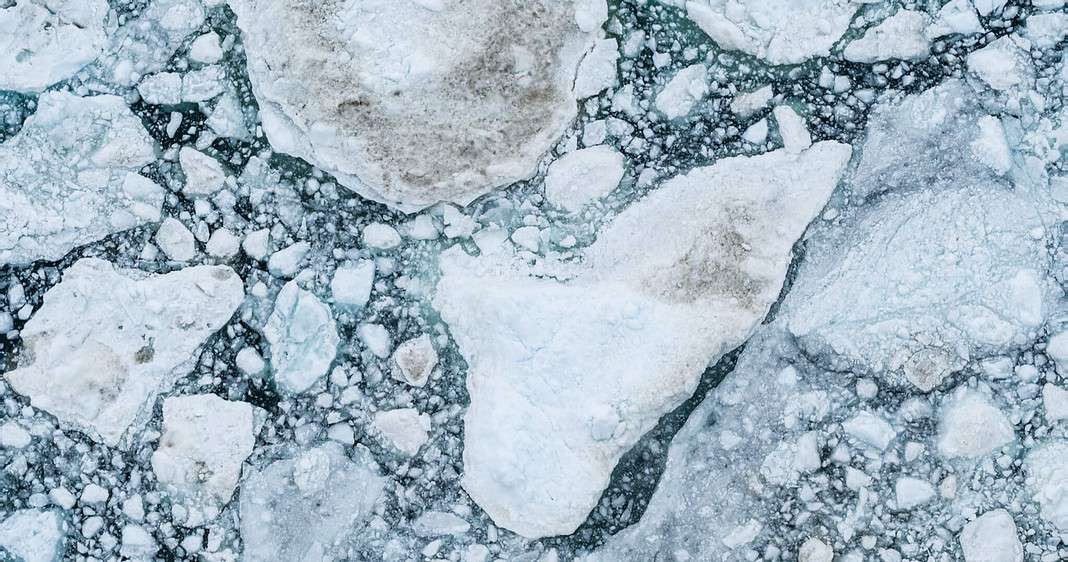Researchers have found that the decreasing amount of Arctic sea ice now and in the future will have a detrimental effect on climate on a much bigger scale than previously thought.
The new research was conducted by Aiguo Dai, an atmospheric scientist at the University of Albany.
The scientist used two new climate models and inputted publicly available observational data into them. In one simulation, the Arctic sea ice cover was allowed to change, year to year, while it was held constant in the other. The researcher found that the interaction between air and Arctic sea ice plays a critical role in regulating climate.
According to Dai:
“Through our study, we demonstrated for the first time that fluctuations in sea ice-air interactions can greatly enlarge or amplify multi-decadal climate variations not only in the Arctic, but also the North Atlantic…As the melting of Arctic sea ice continues, its impacts are likely to be felt even more in coming decades, not only in the Arctic but over the North Atlantic and other regions across the globe…This is because sea surface temperature anomalies in the North Atlantic can affect atmospheric circulation patterns over Europe, North America, West Africa and South America, leading to temperature and precipitation changes in these regions.”
You can find out more here.

